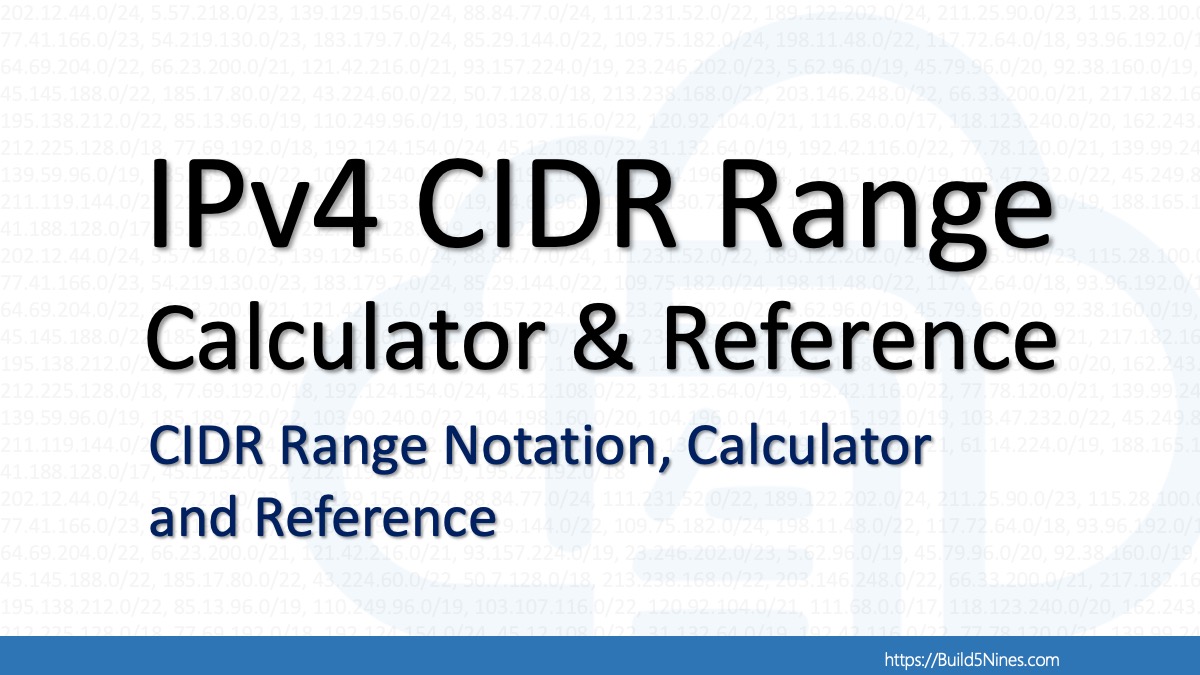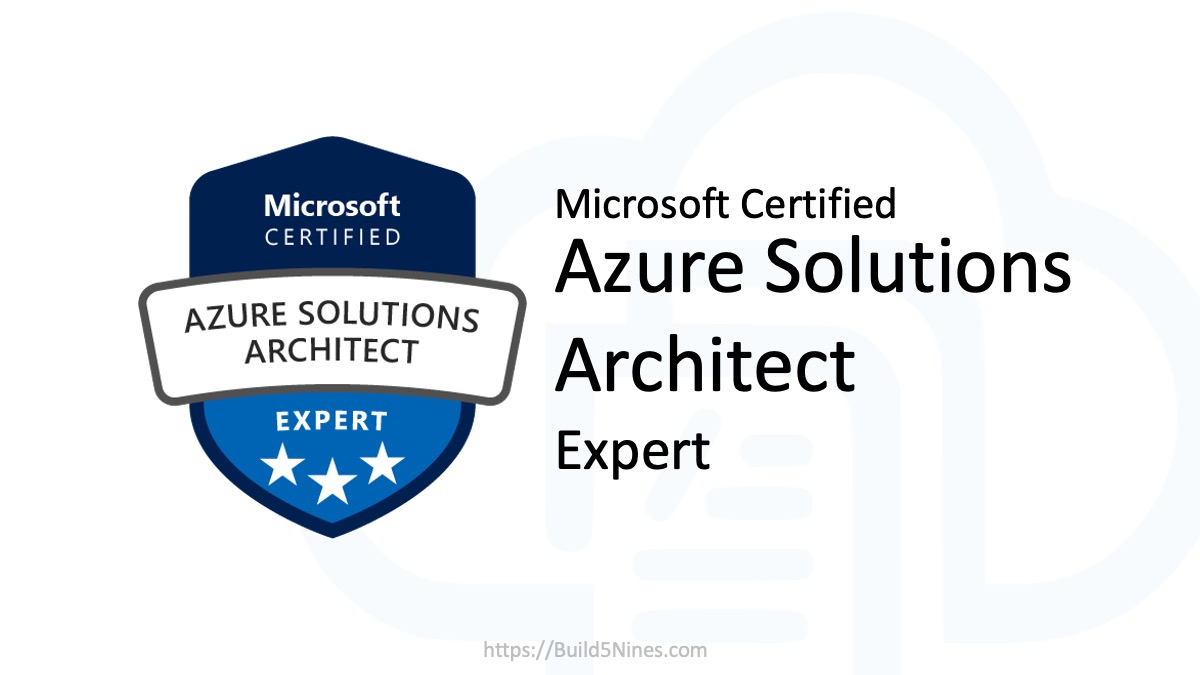The AI-100 Designing and Implementing an Azure AI Solution certification exam tests and validates your expertise using the various services within the Microsoft Azure Artificial Intelligence (AI) portfolio.

This exam is the requirement to earn the Microsoft Certified: Azure AI Engineer Associate certification. This certification is for Azure AI Engineers who use Cognitive Services, Machine Learning, and Knowledge Mining to architect and implement Microsoft AI solutions involving natural language processing, speed, computer vision, bots, and agents.
AI-100 Exam Target Audience
The AI-100 Designing and Implementing an Azure AI Solution certification exam is geared towards Azure AI Engineer candidates with a working knowledge of basic statistics, data ethics, and data privacy. Exam candidates should be familiar with various aspects of the Microsoft Azure AI portfolio, related open source frameworks and technologies, and available data storage options. Candidates will use their understanding of cost models, capacity, and best practices to architect and implement Artificial Intelligence (AI) solutions using Microsoft Azure.
AI-100 Exam Prep Session
In this session we will break down the Objective Domains and information supporting those Objective Domains in order to prepare for the AI-100 Exam. AI-100 is a great exam to have on your resume given the interest in AI and tools and functionalities that are planned in this space in the coming years.
AI-100 Exam Objective Domains
Here are the high level skills and objectives measured on the AI-100 Designing and Implementing an Azure AI Solution certification exam. The percentages next to each objective area represents the number of questions on the exam in that objective area.
Analyze solution requirements (20-25%)
- Identify storage solutions
- May include but is not limited to: Identify the appropriate storage capacity, storage types and storage locations for a solution, determine the storage technologies that the solution should use, identify the appropriate storage architecture for the solution, identify components and technologies required to connect data
- Recommend tools, technologies, and processes to meet process flow requirements
- May include but is not limited to: Select the processing architecture for a solution, select the appropriate data processing technologies, select the appropriate AI models and services, identify components and technologies required to connect service endpoints, identify automation requirements
- Map security requirements to tools, technologies, and processes
- May include but is not limited to: Determine processes and regulations needed to conform with data privacy, protection, and regulatory requirements, determine which users and groups have access to information and interfaces, identify appropriate tools for a solution, identify auditing requirements
- Select software and services required to support the solution
- May include but is not limited to: Identify appropriate services/tools for the solution, identify integration points with other Microsoft services
Design solutions (30-35%)
- Design an AI solution that includes one or more pipelines
- May include but is not limited to: Define a workflow process, design a strategy for ingesting data
- Design the compute infrastructure to support a solution
- May include but is not limited to: Define infrastructure types, determine whether to create a GPU-based or CPU-based solution
- Design Intelligent Edge solutions
- May include but is not limited to: Identify appropriate tools for a solution, design solutions that incorporate AI pipeline components on Edge devices
- Design data governance
- May include but is not limited to: Design authentication architecture, design a content moderation strategy, ensure appropriate governance for data, design strategies to ensure the solution meets data privacy and industry standard regulations
- Design solutions that adhere to cost constraints
- May include but is not limited to: Choose a cost-effective data topology, configure model processing options to meet constraints, select APIs that meet business constraints
Integrate AI models into solutions (25-30%)
- Orchestrate an AI workflow
- May include but is not limited to: Define and develop AI pipeline stages, manage the flow of data through solution components, implement data logging processes, define and construct interfaces for custom AI services, integrate AI models with other solution components, design solution endpoints, develop streaming solutions
- Integrate AI services with solution components
- May include but is not limited to: Set up prerequisite components and input datasets to allow consumption of Cognitive Services APIs, configure integration with Azure Services, set up prerequisite components to allow connectivity with Bot Framework
- Integrate Intelligent Edge with solutions
- May include but is not limited to: Connect to IoT data streams, design pre-processing and processing strategy for IoT data, implement Azure Search in a solution
Deploy and manage solutions (20-25%)
- Provision required cloud, on-premises, and hybrid environments
- May include but is not limited to: Create and manage hardware and software environments, deploy components and services required to benchmark and monitor AI solutions, create and manage container environments
- Validate solutions to ensure compliance with data privacy and security requirements
- May include but is not limited to: Manage access keys, manage certificates, manage encryption keys
- Monitor and evaluate the AI environment
- May include but is not limited to: Identify differences between KPIs and reported metrics and determine root causes for differences, identify differences between expected and actual workflow throughput, maintain the AI solution for continuous improvement
To view the most up-to-date list of these exam objectives, please reference the official AI-100 exam page.
Happy Studying!




 Stack Overflow Upset Over Users Deleting Answers After OpenAI Partnership
Stack Overflow Upset Over Users Deleting Answers After OpenAI Partnership
 OpenAI GTP-4o Now Available in Azure OpenAI Service
OpenAI GTP-4o Now Available in Azure OpenAI Service
 IPv4 Address CIDR Range Reference and Calculator
IPv4 Address CIDR Range Reference and Calculator
 Read and Write Azure Blob Storage with C#
Read and Write Azure Blob Storage with C#
 Azure Functions: Extend Execution Timeout Past 5 Minutes
Azure Functions: Extend Execution Timeout Past 5 Minutes









Thank you for this post, Chris.
I’m taking this exam soon but I’m not sure about the content. Does it include topics regarding the new Azure Machine Learning service? Azure Machine Learning studio? Cognitive services? etc.
What one should prepare for this exam?
I’d love if you could guide me or link me to the resources that are essential in order to pass this exam.
I searched all the web to find relevant information but I couldn’t find any.
Would appreciate your response.
I think I would focus on the latest state of Azure AI and ML technologies when studying for the AI-100 exam. And, unfortunately, there aren’t very many study resources built specifically for this exam yet with it being so new. Just keep an eye on the objectives and make sure you study the topic areas listed.
I’ve also written a blog post with the resource I’ve found helpful in studying for this exam. You can see it here: https://adinermie.com/resources/exam-resources/exam-resources-ai-100-designing-and-implementing-an-azure-ai-solution/